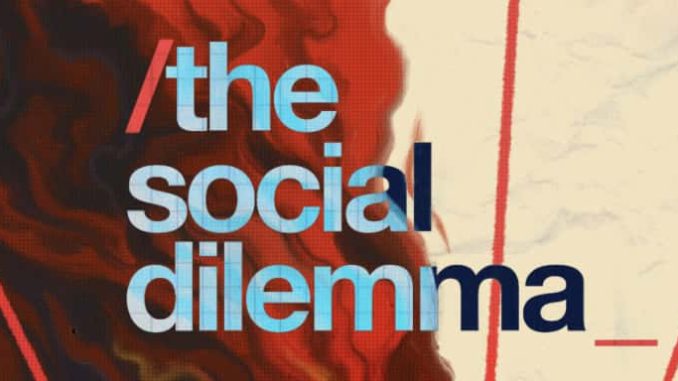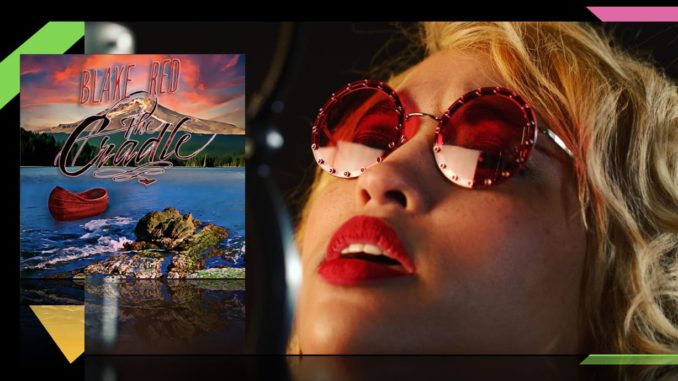
Behavior-change genius. That’s what they call the people who work endlessly to influence the psychology and behaviors of those who use social media and technology. The adrenaline rush and endorphins that are released in our bodies every time we receive a notification or are tagged in a photo is intended to create addictive behavior by design.
As Chamath Palihapitiya, the former vice president of growth at Facebook, so nicely reveals in the Netflix documentary The Social Dilemma, “We want to psychologically figure out how to manipulate you as fast as possible and then give you back that dopamine hit.”
These behavior-change geniuses knew exactly that they were contributing to the degeneration of society. Luckily, some super aware and highly conscious tech gurus are making efforts to inform the people by releasing research and conversations on the Internet available for all to see. Yet, even with all the access to information dwindling at the ends of our fingertips, users of social media couldn’t see beyond the facade.
As the documentary points out, the constant need for admiration and approval that has become commonplace on these platforms has evolved into issues with self-esteem and mental health. It used to be teen magazines and school peers that would influence the youth. Now, social media and the tech industry are single-handedly configuring the impossible standards of perfection and beauty and it’s making our children sick.
Every platform plays its part in breaking down society as we’ve known it. Instagram is synonymous with the game of molding ideas of beauty, illusions of grandeur, and highlight reels of users’ lives. In reality, the photos posted are manipulated either through filters, staging, and sometimes, full-on productions.
The whole culture of Twitter seems to be a haven for bullies who are often overly critical of one another, especially public figures. Then, there’s the propaganda platforms that promote certain agendas and curate mindsets that people wouldn’t normally have if they solely interacted with others in person.
“If something is a tool, it genuinely is just sitting there, waiting patiently,” said Tristan Harris, former design ethicist of Google and co-founder of Center for Humane Technology. “If something is not a tool it’s demanding things from you. It’s seducing you. It’s manipulating you. It wants things from you. We’ve moved away from having a tools-based technology environment to an addiction and manipulation-based technology environment.”
The motivation behind the cruel use of power to manipulate unaware individuals into robotic zombies comes down to money. The platforms are selling what one spokesperson of the documentary called “certainty.”
Unbeknownst to the users, their data is being mined and sold to companies who use the information to determine how they will market their products. Social media plays as the middle man brokering the deals, while the people are being played for the dollar.
Collections of details, such as purchasing habits, addictions, work schedules, forms of entertainment, illegal activity, sex-related preferences, personal net worth and more are being collected by these platforms and handed over to deep pocket companies for the sole purpose of creating effective advertising.
To add insult to injury, the tech industry hasn’t even attempted to compensate the people for this sacrifice with at least a small percentage of profits. Instead, the people are left with more issues than they had before they became entangled with social media.
Some people are attempting to step out of the matrix, however. As more and more people are starting to realize that social media is causing them to experience anxiety and depression, some organizations are taking a stand against the digital movement.
Organizations, such as Cybersmile and the Organization for Social Media Safety, along with Harris’ The Center for Humane Technology have initiated campaigns to end the negative effects of social media on society. Through private policies, some websites and apps that use personalized advertising are allowing users to opt out of their personal information being sold as a way of dismantling the weaponization of social media.
The Gen Zers, or Generation Z, are becoming more rebellious against social media, such as Facebook, Twitter and YouTube, by reducing their engagement or simply deleting their accounts.
So, what can people do to fight against the manipulative engines that drive society? “Collective will” and “massive public pressure” are the words thrown around in the documentary. Just like with real life, it takes a collective voice and applied pressure to motivate change. But, this is no easy feat as so many are caught up in the instant gratifications that come with social media engagement.
In the meantime, the former social media executives in the docu-drama recommend the following to combat social media domination: Turn off notifications; never accept recommendations; fact check everything; vote with your clicks; expose yourself to different points of views; set time restraints and don’t let children use social media.
Directed by Jeff Orlowski, The Social Dilemma is worthy of its No. 9 position in the Top 10 content featured on Netflix in the U.S. Originally screened at the 2020 Sundance Film Festival on January 26, the hour and a half documentary came out on Netflix on September 9.
It’s definitely worth a watch with the intention of initiating discourse about the fallacies of social media and ways of ratifying the errors before we transform into a society that’s too far gone.
The MouthSoap highly recommends!



